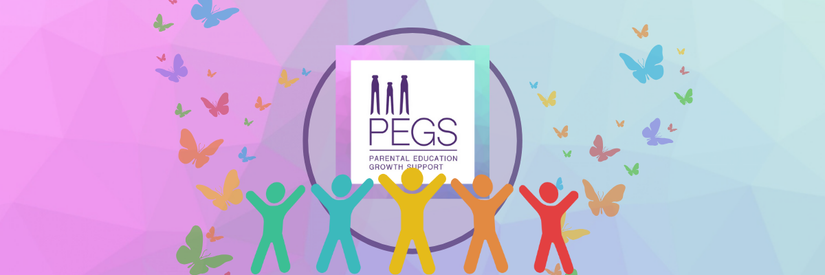Service Shoutout: Domestic Abuse Education
The Story Behind Domestic Abuse
Education
About Us: The Story Behind Domestic Abuse Education
Domestic Abuse Education (DAE) was founded by Sharon Livermore MBE after she survived abuse at the hands of her then husband. During that time, her workplace was the only place where she could find some degree of normality and independence. Yet no one recognised the signs. No one asked. After escaping the abuse and seeing her perpetrator sentenced to prison, Sharon realised something devastating: no one at work had been equipped to recognise what she was going through. That gap between what she needed and what her colleagues understood became the foundation for a national movement to change how workplaces approach domestic abuse.
Today, DAE supports businesses across the UK in becoming safer, more informed spaces for employees experiencing abuse. Sharon’s lived experience powers everything we do, and her story inspires real change in boardrooms, staffrooms and across entire organisations.
Why Domestic Abuse Education Exists
Domestic abuse is not just a private matter. It reaches into every part of a victim’s life — including work.
- 1 in 4 women and 1 in 7 men in the UK will experience domestic abuse.
- 75% of domestic abuse victims are targeted at work.
- 40% of abuse victims report being prevented from attending work.
For many victims, work may be the only place their abuser can’t follow. But that protection is fragile if employers don’t know how to spot the signs or what to do if someone discloses abuse.
DAE exists to fill that gap. Not only by supporting those already experiencing abuse but by helping prevent it in the first place. Our training doesn’t just equip people to respond to victim/survivors; it also helps individuals recognise early red flags. For some, learning about the tactics of coercive control or economic abuse for the first time may be what empowers them to leave before the situation escalates.
The Services We Offer
We work directly with employers, HR leaders, and line managers to help them support their people, both in-person and virtually.
Our services include:
- CPD-accredited training aimed at HR, Wellbeing Leads & Line Managers
- Custom policy development for domestic abuse support
- Lunch & Learn sessions, for all employees
- Workplace risk planning and resource kits
- Guest speaker or panellist at your event
- Access to downloadable templates, guides and helpline signposting
We also offer bespoke educational video content tailored to your team, with tools to help recognise, respond, and refer safely.
Why Our Training Works
What makes DAE different is Sharon’s voice, a real, lived experience that resonates deeply with attendees.
We don’t use case studies. We use truth.
Our approach creates a safe, respectful learning environment where people leave feeling confident, capable, and ready to support colleagues.
Don’t just take our word for it; every CPD session we’ve delivered has been rated five stars. “This was challenging, informative and inspiring. I left feeling empowered to have conversations I would have previously avoided.” — Attendee, DAE CPD Course.
The Impact on UK Workplaces
DAE has trained and supported businesses in finance, recruitment, local government, education, healthcare, tech, entertainment, police forces and more.
We’ve helped businesses:
- Build trust with their teams
- Reduce absenteeism and retention issues
- Protect employee wellbeing
- Create a safer, more inclusive culture
We’ve seen repeatedly that when people feel safe at work, they stay, grow, and thrive, even while facing challenges at home.
What We Believe
We believe that every workplace should have:
- A domestic abuse policy/guidance
- Trained points of contact
- Awareness built into staff training
- A culture that says: we will support you
Because while we can’t always stop domestic abuse from happening, we can change how people are treated when they speak up.
Join Us
We’ve helped organisations big and small take practical steps to support staff affected by domestic abuse. If you’re ready to do the same, we’re here to help you start.
Contact us:
When we educate, we save lives.





